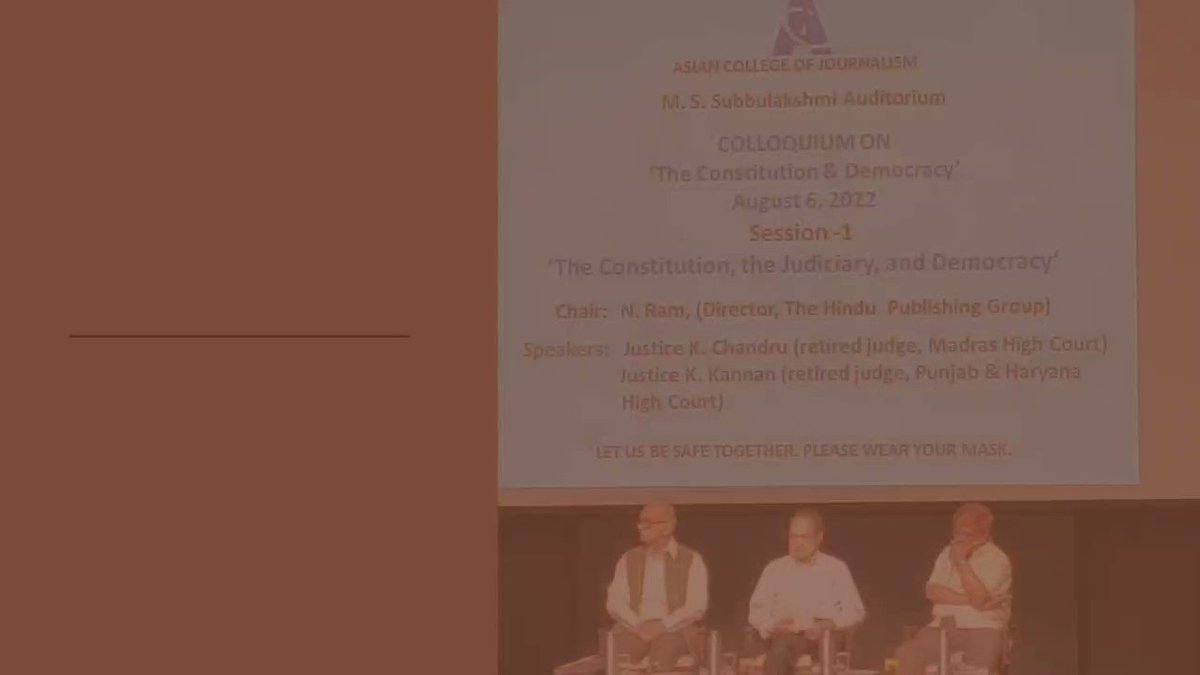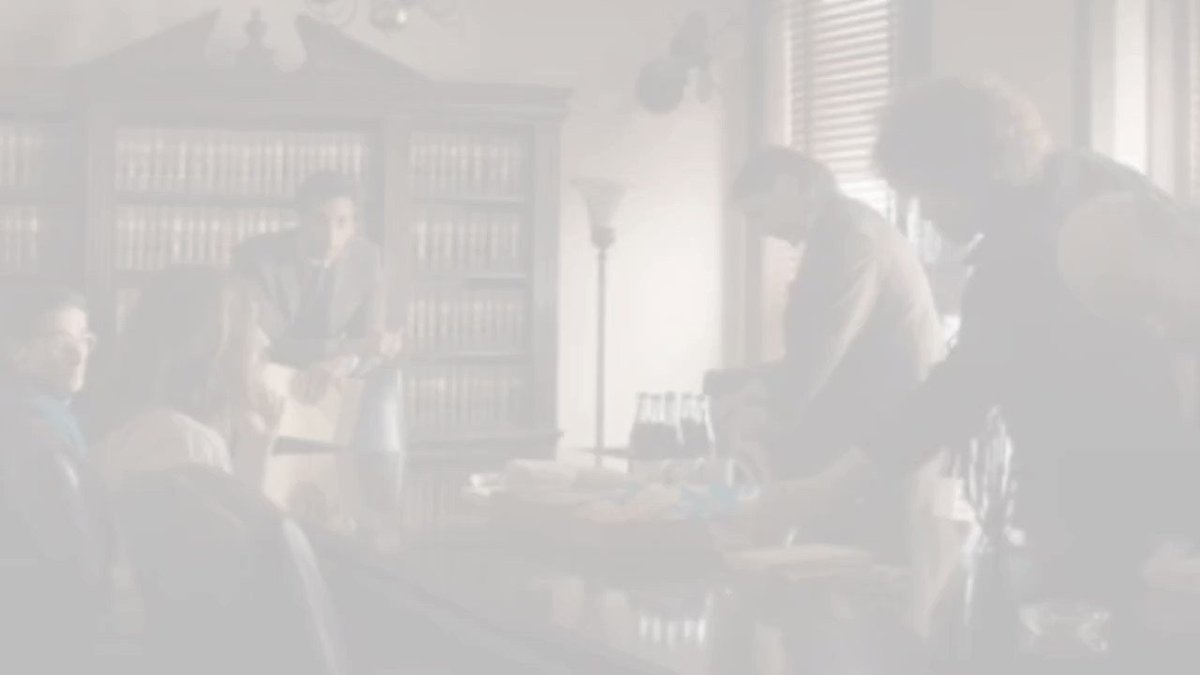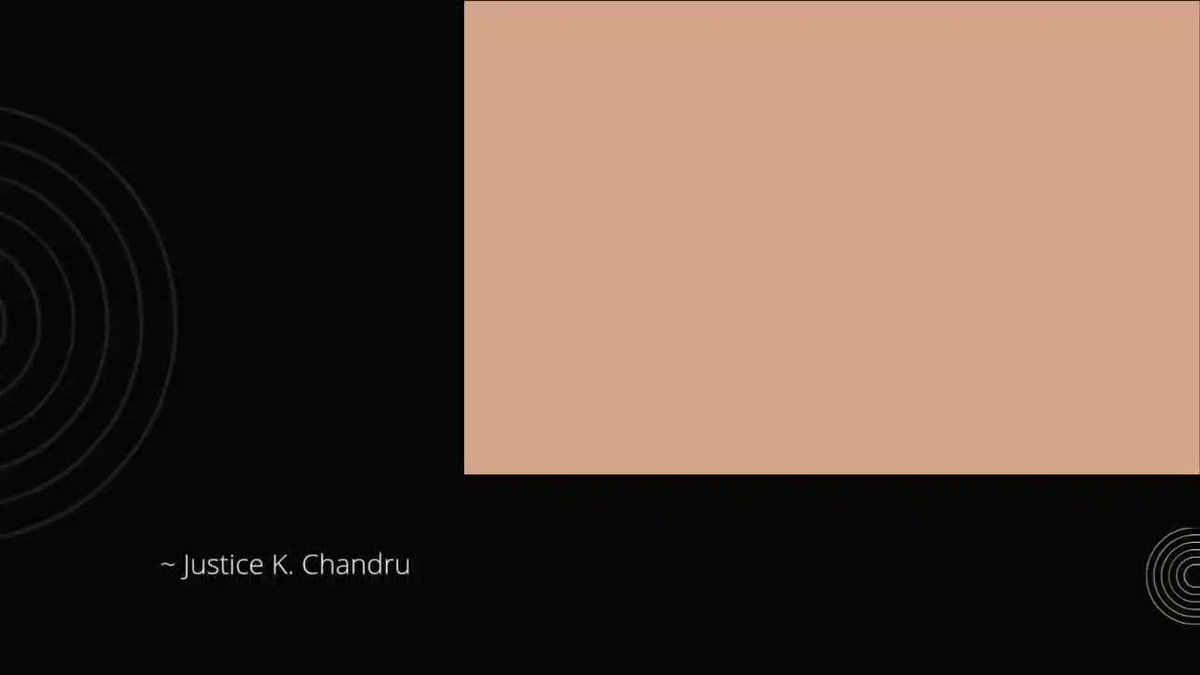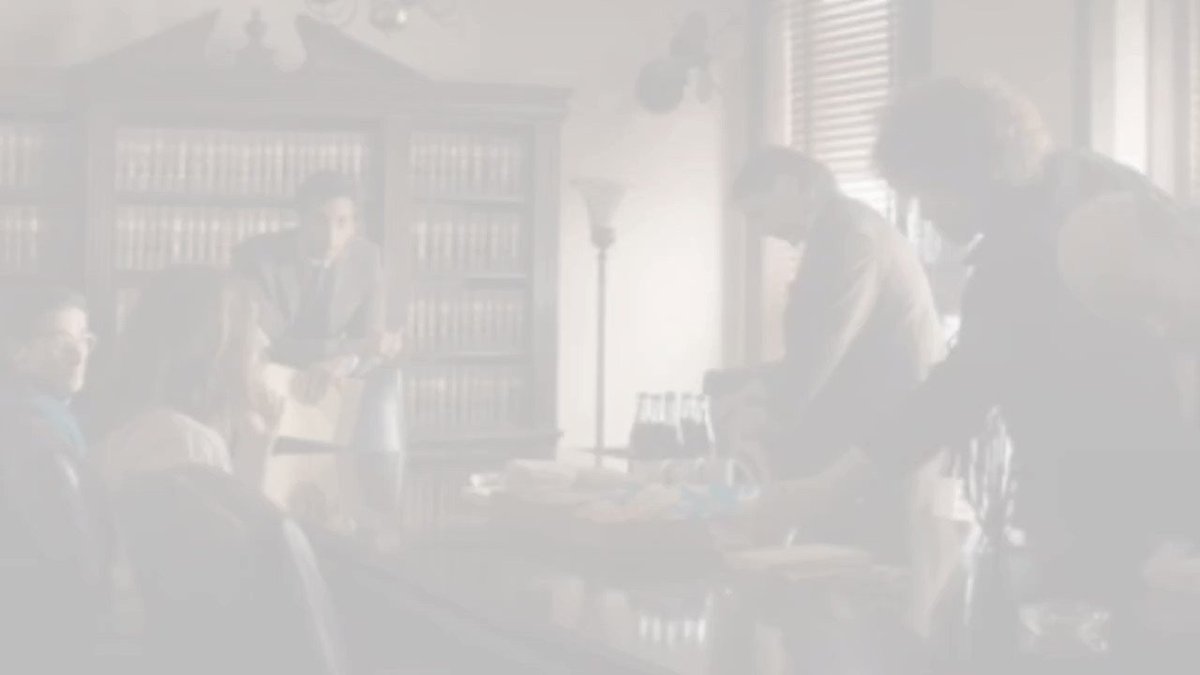Vaishnavi Shukla
11:30
11:33
11:36
11:42
11:42
11:46
11:49
11:50
11:50
11:52
11:54
11:54
11:57
11:58
12:00
12:01
12:02
12:03
12:05
12:08
12:08
12:08
12:09
12:10
12:13
12:13
12:14
12:16
12:16
12:17
12:18
12:20
12:20
12:22
12:24
12:25
12:27
12:30
12:31
12:32
Connecting…








